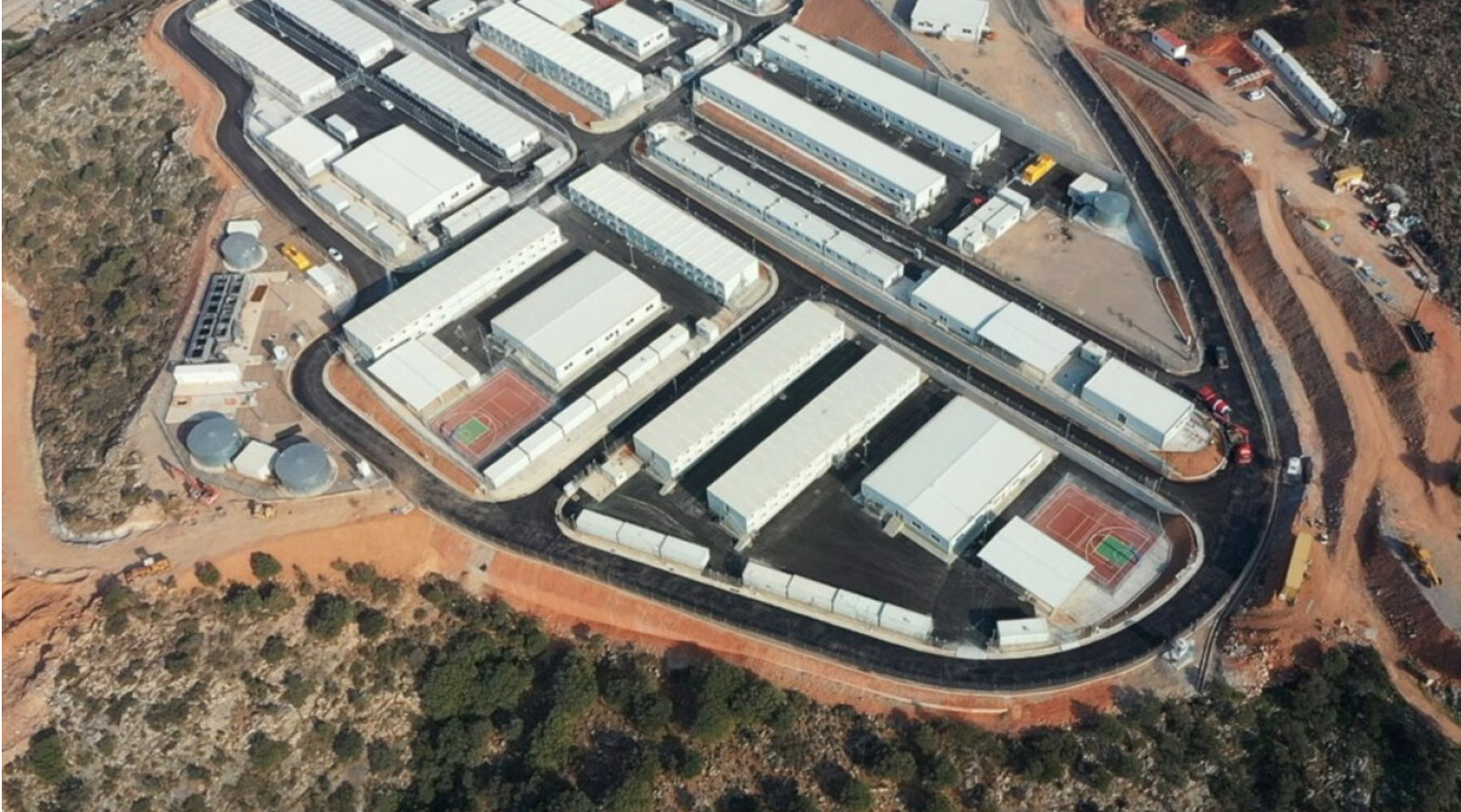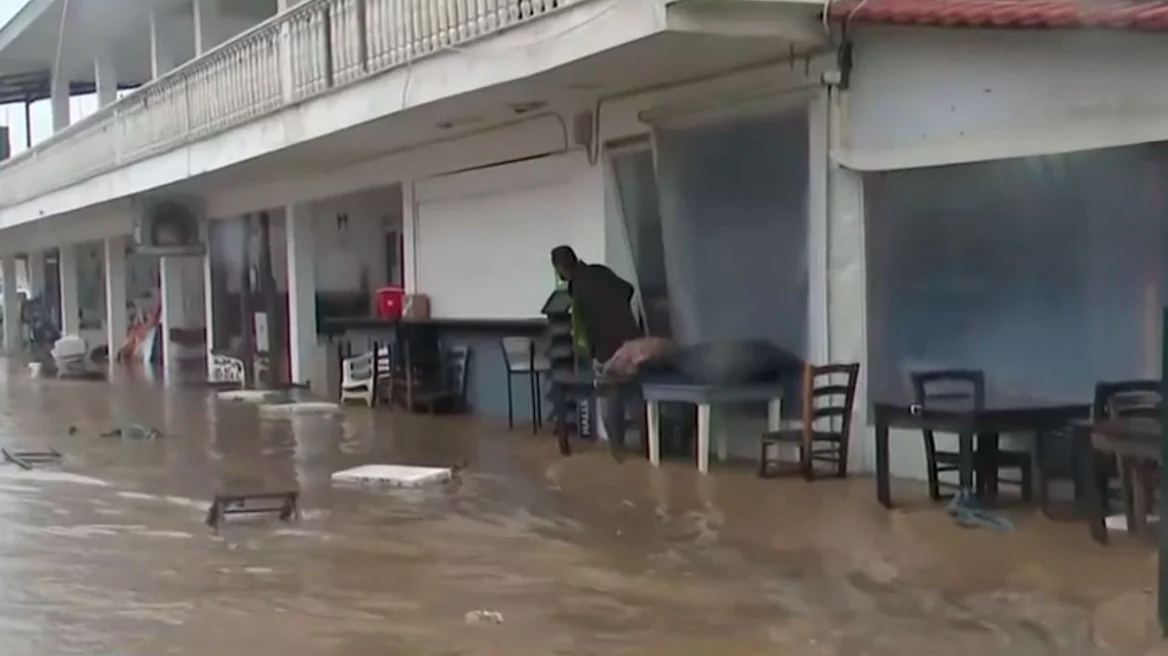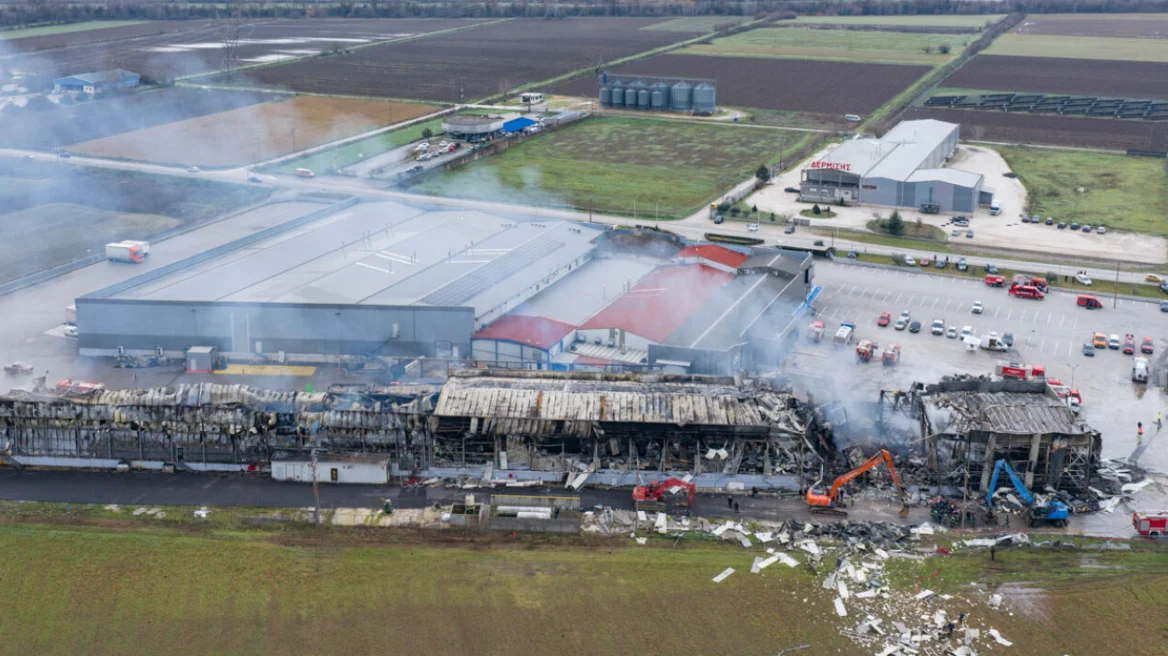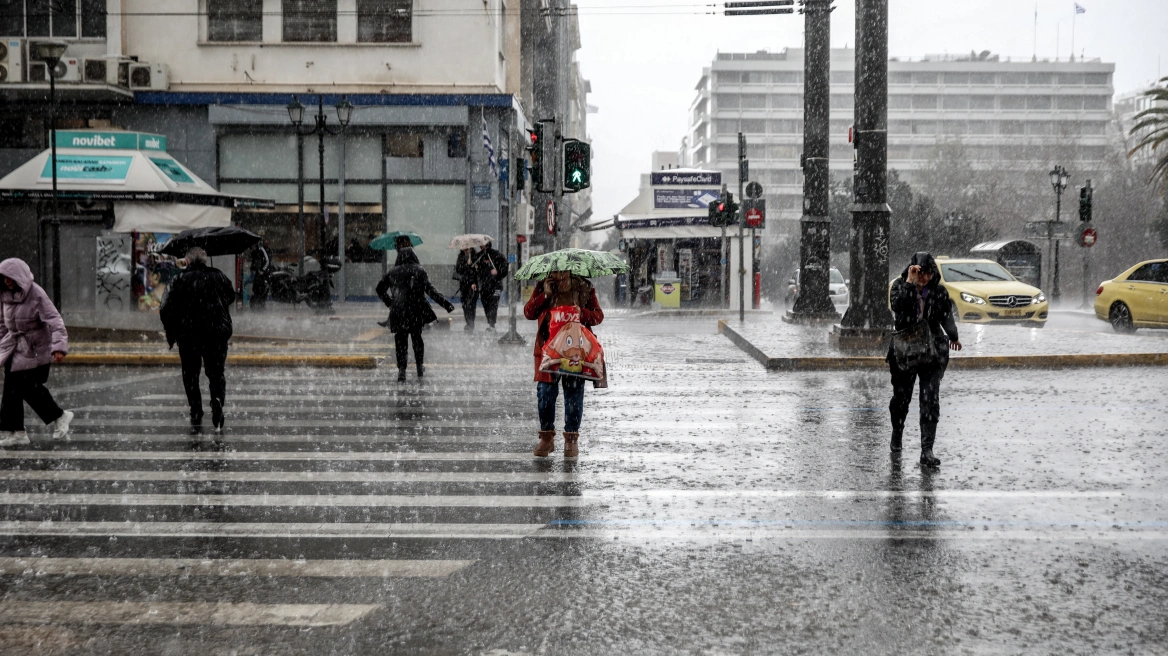The government is initiating changes in the operational doctrine of migration management following unfavorable developments in recent weeks, particularly focusing on Rhodes. It is widely acknowledged within the government that human traffickers have adapted their methods, increasingly using speedboats and vessels that no longer resemble the typical makeshift boats, and targeting new routes different from those used in recent years.
Noteworthy are the events in Rhodes a few weeks ago, where hundreds of migrants wandered and camped in the heart of the island’s old town, which remains busy with tourists due to favorable weather conditions. Another emerging “target” for traffickers is Crete, which also lacks refugee facilities, placing significant strain on specific areas.
The Situation in Rhodes
According to Thema, the government has decided to intervene more decisively, as the migration issue is both a “thorn” and “fuel” for parties to ND’s right. In Rhodes, where local society has traditionally resisted the idea of a closed pre-departure facility modeled after those on islands in the northeastern Aegean, attitudes have shifted. The government is now planning to establish a detention center operated by the Hellenic Police in collaboration with other entities. This facility will be entirely closed and intended only for the initial registration of asylum seekers arriving on the island before their transfer to the mainland. Most cases will only take a few days, as procedures are expedited.
Relevant sources clarify that this center differs from other closed pre-departure facilities in that migrants will be detained and not allowed to move freely with a requirement to return by night. Upon their transfer to mainland structures, they will undergo all the necessary procedures to assess their asylum applications.
Reportedly, the Ministry of Migration, in collaboration with the Hellenic National Defense General Staff (GEETHA), has identified 2-3 potential locations for the facility, including former military camps on the island. Any chosen site will require appropriate modifications, which could take weeks or a few months. In any case, having such a structure on the island marks a significant shift.
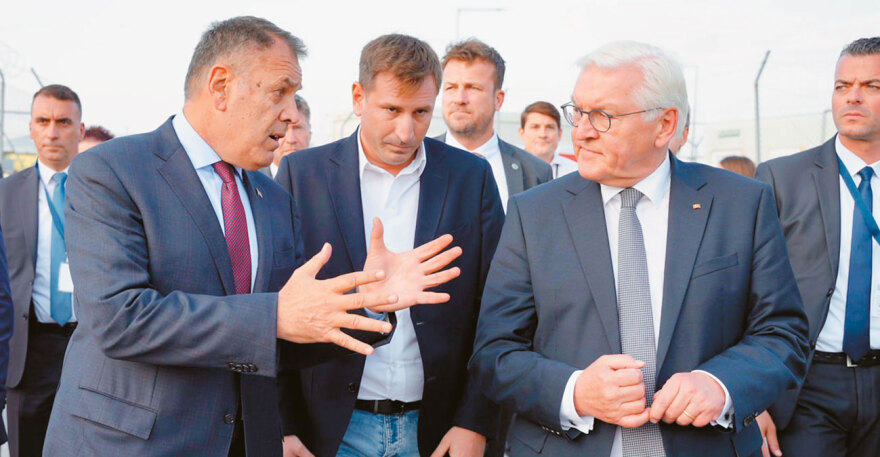

New Faces
Simultaneously, the changes in the operational doctrine spearheaded by Migration and Asylum Minister Nikos Panagiotopoulos are reflected in personnel shifts. Last Thursday, Dimitra Lygoura, the general secretary for asylum seeker reception, submitted her resignation. Ms. Lygoura had transitioned to the Ministry of Migration in the summer from the Ministry of Citizen Protection alongside fellow secretary Manos Logothetis. Mr. Logothetis remains in close collaboration with Mr. Panagiotopoulos, but Ms. Lygoura was held accountable for the poor handling of the Rhodes crisis weeks ago. She is criticized for failing to act swiftly to transfer migrants from the island to the mainland via fast-track processes, resulting in highly unpleasant scenes. The decision to remove her was also approved by Prime Minister Kyriakos Mitsotakis, a notable move as Ms. Lygoura was considered part of his broader circle.
Ms. Lygoura’s position will be filled by retired Lieutenant General Dimitris Glymis, a former Chief of Staff in the Hellenic Army General Staff (HAGS). During his tenure, he overlapped with Mr. Panagiotopoulos when the latter served as Minister of National Defense, though they did not work closely. Additionally, Thema reports that two retired Hellenic Police generals are taking on key new roles: former Chief Lazaros Mavropoulos will assume the position of National Coordinator for Returns, as deportations have become the top priority for both the government and the EU, which has shifted toward a stricter migration policy.
Retired Major General Konstantinos Panagiotopoulos, formerly the No. 2 of Athens Security and director of the Drug Enforcement Division with notable achievements, is expected to take on the role of National Refugee Coordinator.
At the same time, the ministry is reportedly implementing a “quiet” program to settle various financial obligations to suppliers, as recent financial liabilities had reached unmanageable levels.
Strong Borders
The government continues to emphasize the European dimension of the problem. “Migration is a priority for our government. It is not just a Greek problem; it is a European problem. Addressing it requires a holistic approach and actions at the European level. Europe, having started to understand the scale and seriousness of the issue, is adopting a tougher stance on migration. Greece, as an EU border country, cannot be an exception. This entails strong borders, more effective surveillance, and faster return processes,” Migration and Asylum Minister Nikos Panagiotopoulos stated to Thema.
The minister openly acknowledges the challenges and systemic flaws that have arisen. “As a ministry, we took on a difficult task a few months ago: restoring trust and returning to normalcy. We are working intensively, in collaboration with the Ministry of Finance, to resolve problems and ensure the sustainable operation of our facilities.
Our goal is to maintain and improve the system for managing migration flows, making it even more efficient, fair, and humanitarian, always in conjunction with protecting our country’s external borders,” Mr. Panagiotopoulos emphasized.
Ask me anything
Explore related questions
